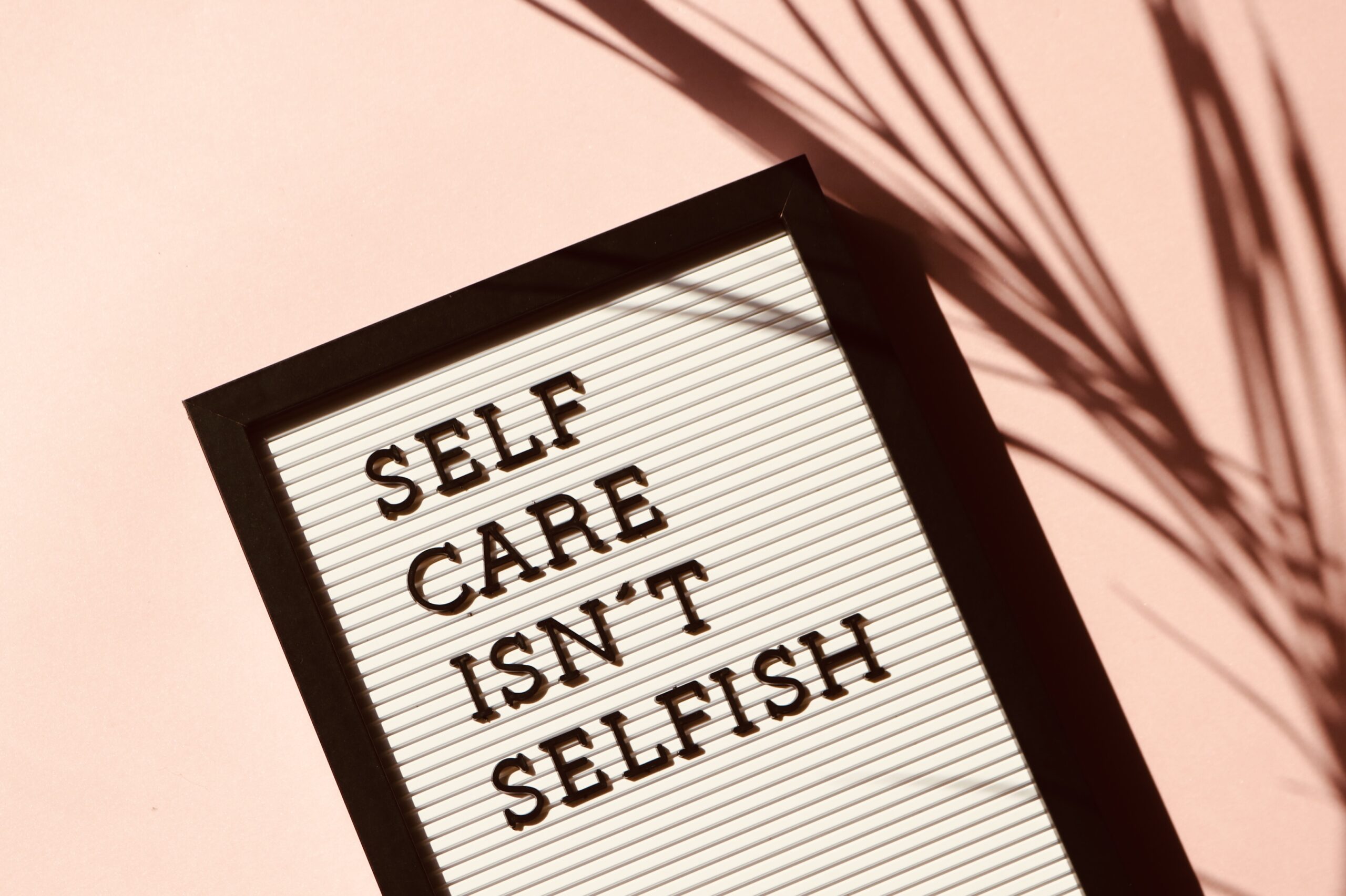What is the impact of eczema on mental health?
Title: The Hidden Burden: How Eczema Takes a Toll on Mental Health
Introduction:
Eczema, a chronic skin condition that affects millions of individuals worldwide, is not simply confined to the physical discomfort it causes. Beyond the itching, inflammation, and dryness, this dermatological ailment can also severely impact one’s mental well-being. In this article, we explore the lesser-known yet significant correlation between eczema and mental health, shedding light on the emotional turmoil it can bring.
Understanding Eczema:
Eczema, also known as atopic dermatitis, is characterized by red, itchy, and inflamed patches of skin. While the exact cause is still not fully understood, it is believed to be a combination of genetic and environmental factors. People with eczema often experience flare-ups triggered by common allergens, irritants, stress, or changes in temperature.
The Emotional Toll of Eczema:Living with eczema can take a toll on one’s mental health, impacting their quality of life in various ways:
1. Psychological Distress: The unpredictable nature of eczema flare-ups can lead to heightened anxiety and distress. Constant worry about the appearance of the skin, the need to hide affected areas, and the fear of judgment can have a profound impact on self-esteem.
2. Social Isolation: Due to the visible nature of eczema, individuals may feel self-conscious and avoid social situations to conceal their skin condition. This isolation can lead to feelings of loneliness, depression, and lowered self-confidence.
3. Sleep Disturbances: The persistent itchiness associated with eczema often disrupts sleep, leading to chronic fatigue and irritability. Sleep deprivation can further exacerbate feelings of anxiety and stress.
4. Impact on Relationships: The emotional burden of eczema can strain relationships with family, friends, and romantic partners. It may be challenging for loved ones to fully understand the extent of the condition’s impact, leading to feelings of frustration or even resentment.
Coping Strategies:While managing the physical symptoms of eczema is crucial, addressing the associated mental health struggles is equally important. Here are some strategies to promote overall well-being:
1. Seek Support: Connect with support groups, either in-person or online, to share experiences, seek advice, and find solace in the understanding community. Talking to friends and family about your struggles can also help foster empathy and support.
2. Prioritize Self-care: Taking care of your mental health is just as important as caring for your skin. Practice relaxation techniques like deep breathing, meditation, or engaging in activities that bring you joy and peace.
3. Educate Others: Raise awareness and challenge misconceptions about eczema. Through education, you can foster empathy and understanding among your social circles, reducing feelings of isolation and promoting acceptance.
4. Professional Help: If eczema begins to significantly impact your mental health, do not hesitate to seek professional help. Mental health professionals can provide appropriate guidance, therapeutic interventions, or recommend support services tailored to your specific needs.
Conclusion:
Eczema is not just a skin condition; it can have a lasting impact on one’s mental health. Recognizing and addressing the emotional struggles associated with eczema is essential to improve overall well-being. By seeking support, prioritizing self-care, and educating others, individuals can mitigate the psychological toll of this chronic condition. Remember, you are not alone in this journey, and with the right support, managing both the physical and mental aspects of eczema becomes more attainable.




Explore the ranked best online casinos of 2025. Compare bonuses, game selections, and trustworthiness of top platforms for secure and rewarding gameplaycrypto casino.